Chop Chop
Cute open-source adventure game
PC, Mac
Platforms
2021
Year
Chop Chop is the open-source adventure game that I worked on, together with my team at Unity, as part of the development initiative Open Projects.
It’s a bit of a special game, because while me and the team at Unity drove most of the development forward, its open-source nature meant that I was doing partly game development, partly community/team management.
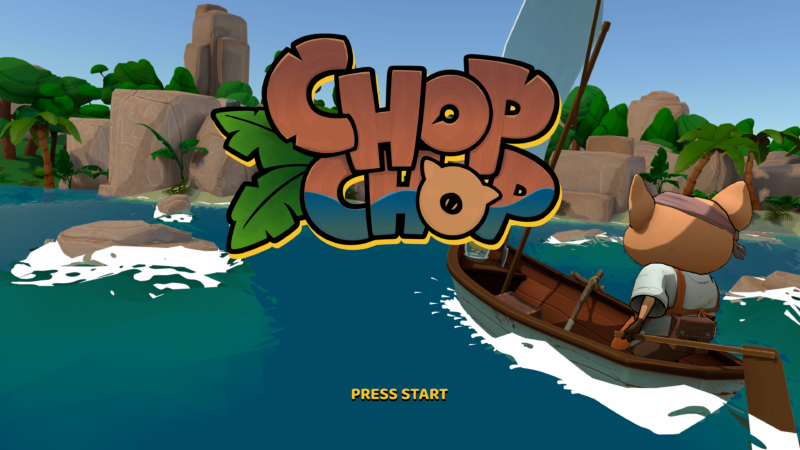
Conception
As we begun Open Projects, we didn’t know what game we were going to make, but we settled on some requirements. We made the graphic style appealing but intentionally simple, in order to help the community to replicate it. The gameplay was also going to be pretty standard, so that anyone could understand where we wanted to go and there was no uncertainty that might come from a very innovative game idea.
I contacted a very talented concept artist, Jesse Turner aka Drawbarian (yes he’s the one that worked on Don’t Starve!), and he came up with some very cute concepts from my admittedly vague asks:

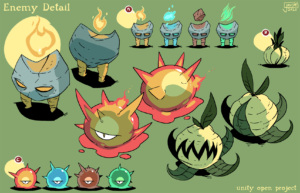
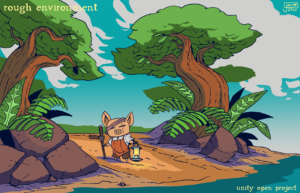

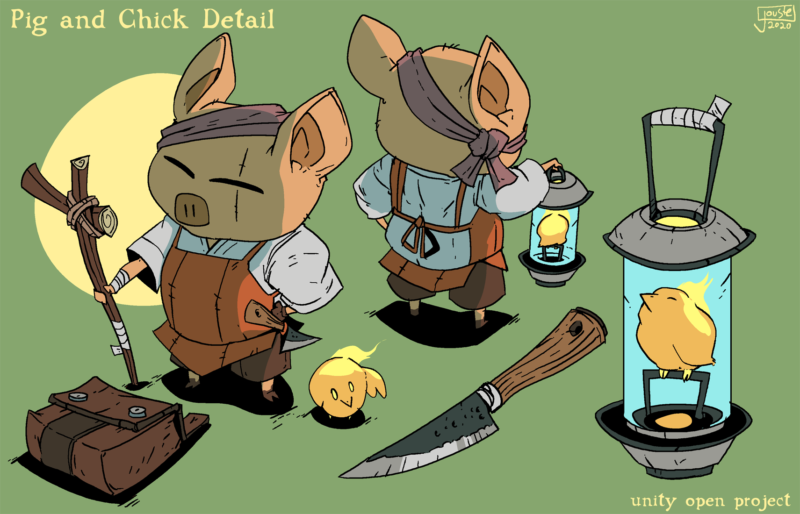
Everybody loved the pig chef, soon to be named Hamlet, and we decided the game was going to revolve around him. A few rounds of refinement, and we started working on the 3D art, made by Salvatore Fiore and Ivan De Gregori, and animated by Alexandra Martins. I think they came out pretty alright!

As the art team was hard at work, coordinated by the studio Thousand Ant, composer Franz Martin Ascari started to produce themes for the game. The whole soundtrack is available on their Bandcamp:
Gameplay
The game played like a small action-adventure game in 3rd person view, with the protagonist being able to perform the typical actions, more specifically: walk, run, jump, talk with NPCs, collect objects, fight with his walking cane, and cook recipes at pre-placed boiling pots.
The player would progress through the island, solving small fetch quests on behalf of the NPCs and having small fights with the local fauna. Gathering ingredients allowed the pig chef to cook some recipes, which would be used as exchange items with the NPCs, and for the final quest which involved impressing the local resident chef.
And here’s a short video of gameplay, showing the beginning of the game, with the beach arrival and climbing up the hill, a dialogue and a small fight:
My role
In all of this, my role was very multi-faceted. Together with teammates Chema Damak and Amel Negra, we provided most of the code for the game, fixed the 100+ issues we received, and reviewed the roughly 350 pull-requests that came in.
Ultimately, I was responsible for the character movement, its animation state machine, level streaming and loading, audio system, inventory and camera. I also curated the art, the baking of levels, the level design (based on community’s whiteboxing) and some cinematics.
I also acted as a producer, scheduling tasks for the team, the artists, and the community. The task board was public and it’s still visible (not sure for how long) in its public version. At the same time, we committed to produce learning material surrounding the project. I spoke about that in the post about Open Projects.
All in all, it was a ton of work. But we did manage to produce a cute little game and its open nature brought a lot of learning to many in the community, and to be fair, to me too. I learned a lot about managing a bigger-scope project, with a ton of lessons and code tricks that I brought to my next project, Gigaya.
Here are some more beauty shots from the game:
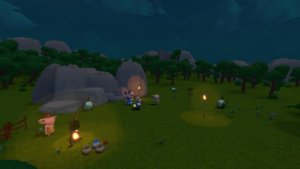
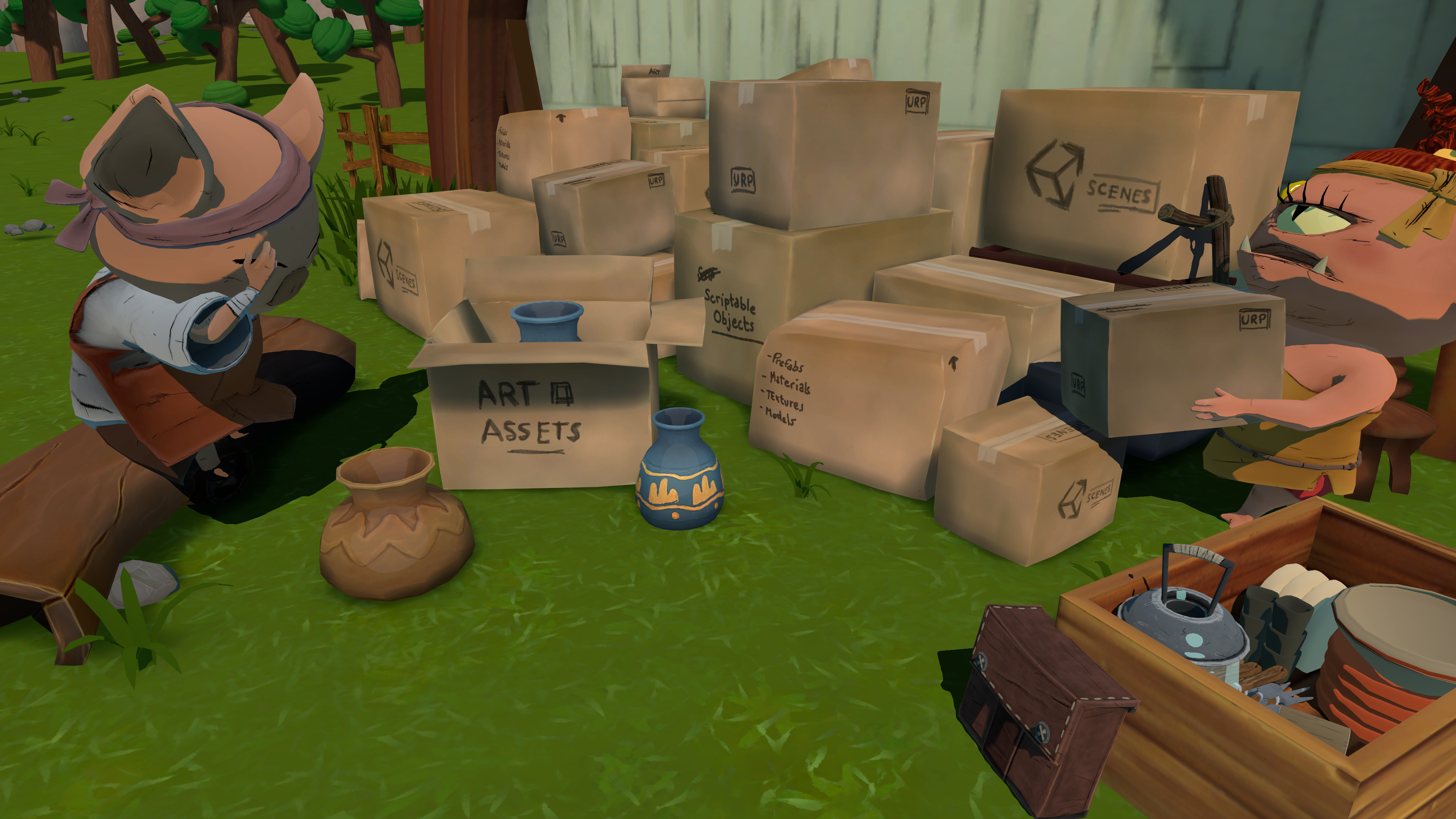
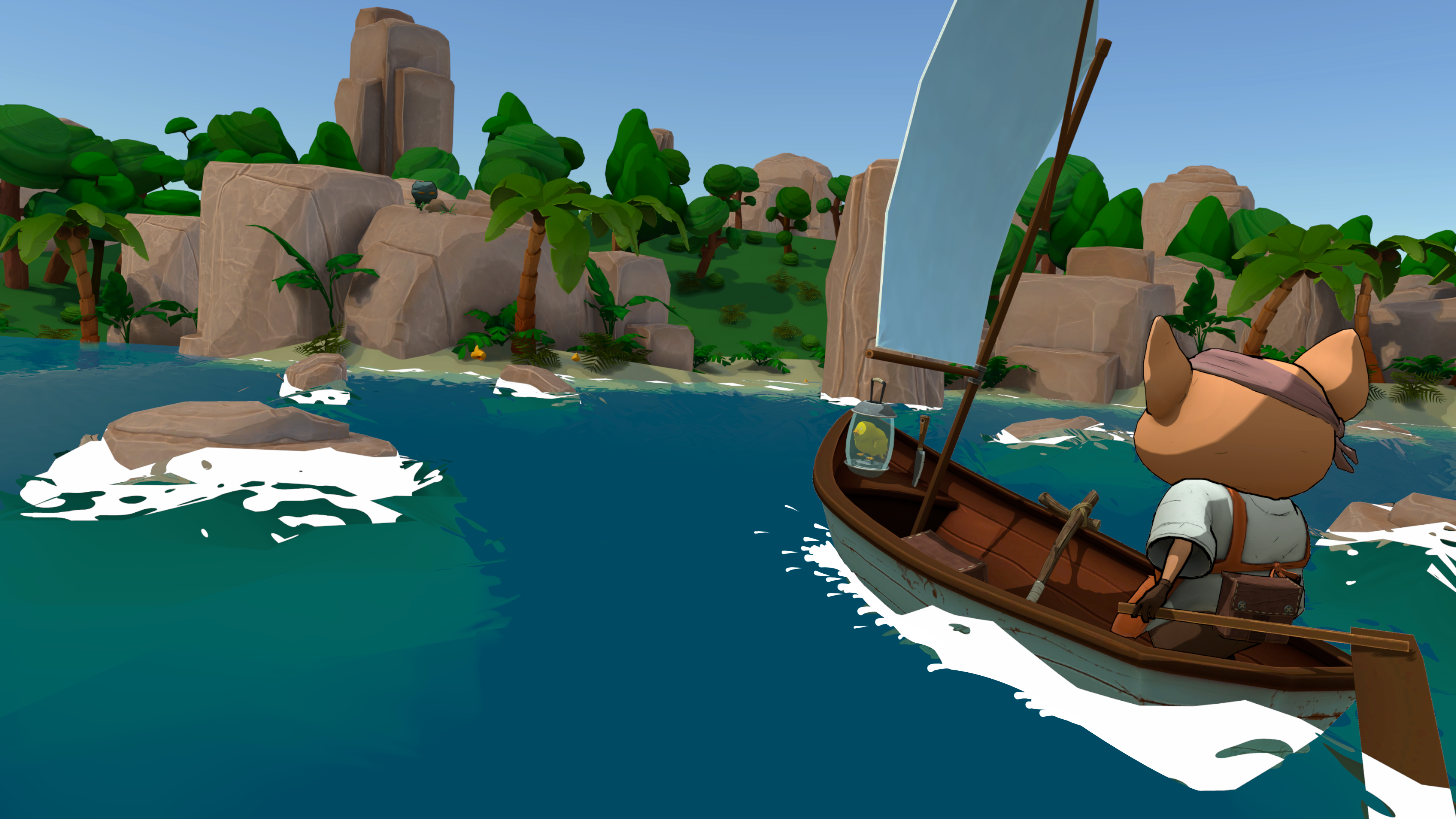


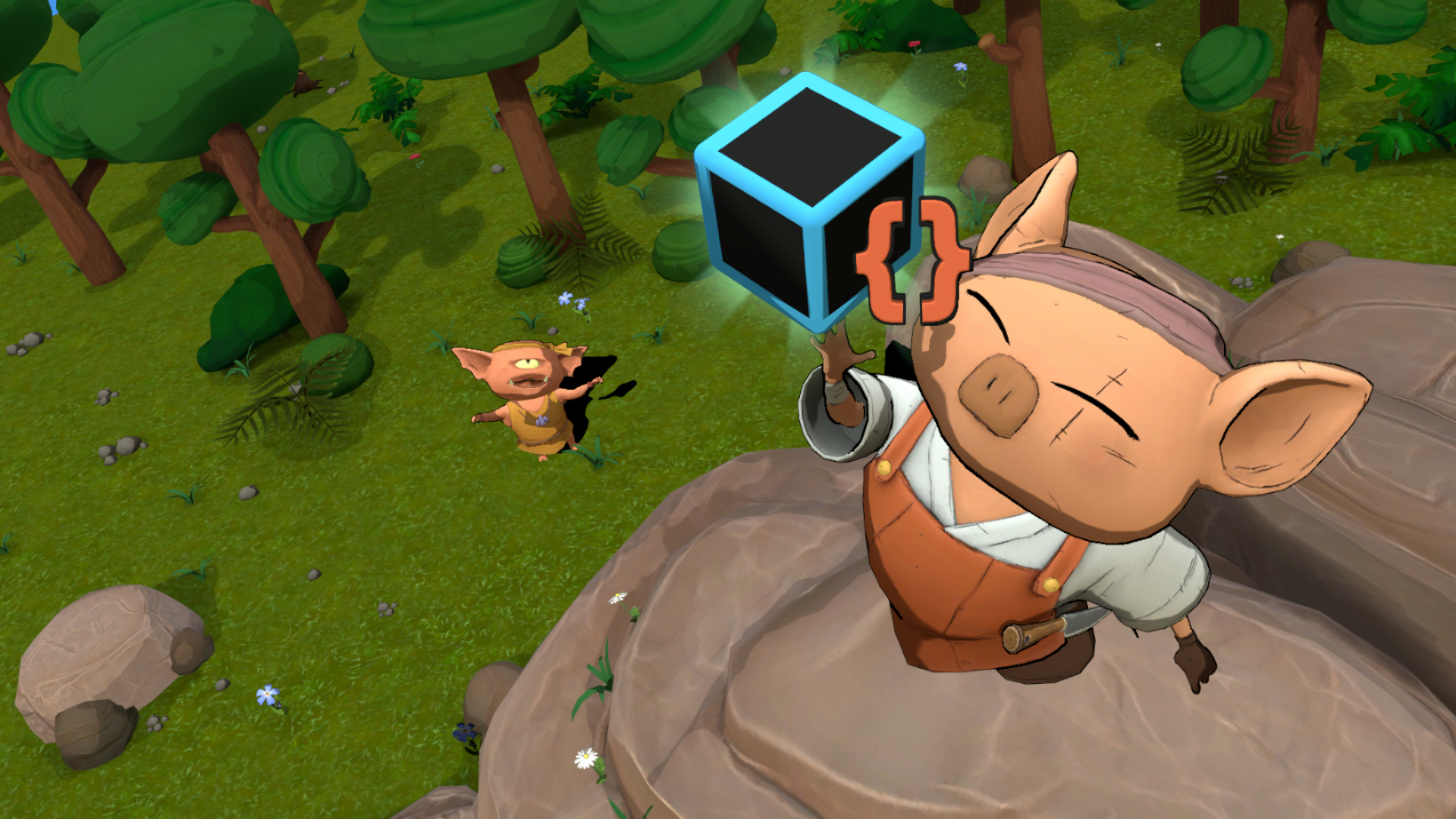
The game and the initiative were stopped by Unity on December 2011, with the game being something like 80% done.
The project is still available on Unity’s Github, in the Open Project 1 repo.
All works and words on this website by Ciro Continisio, except otherwise specified.